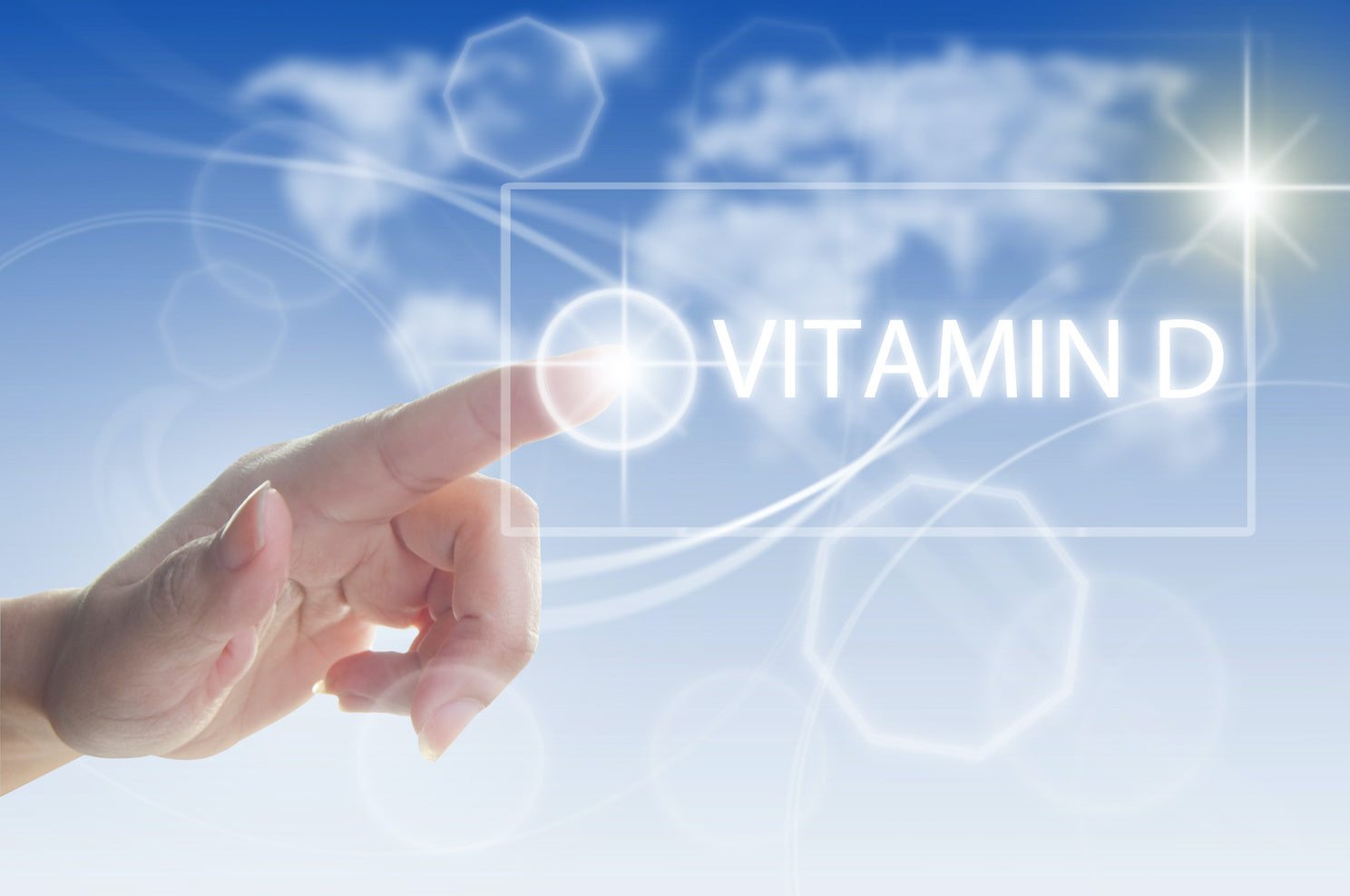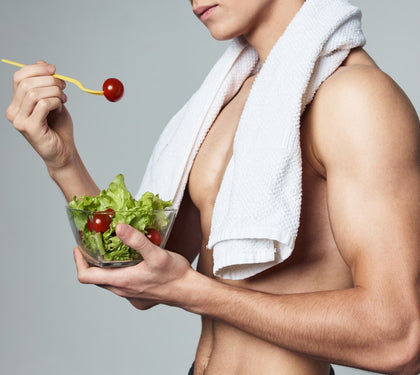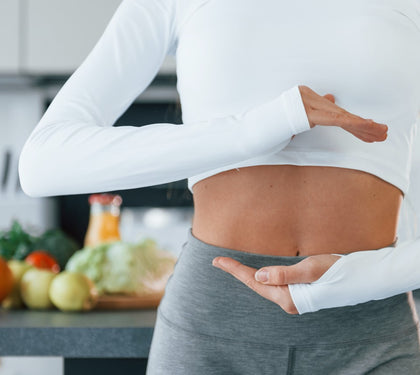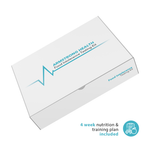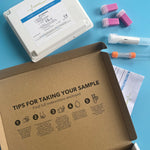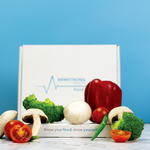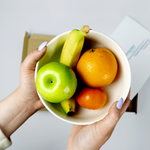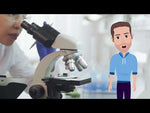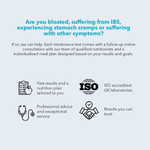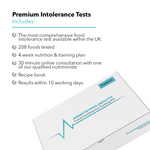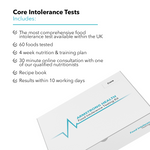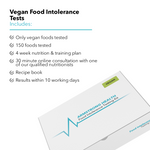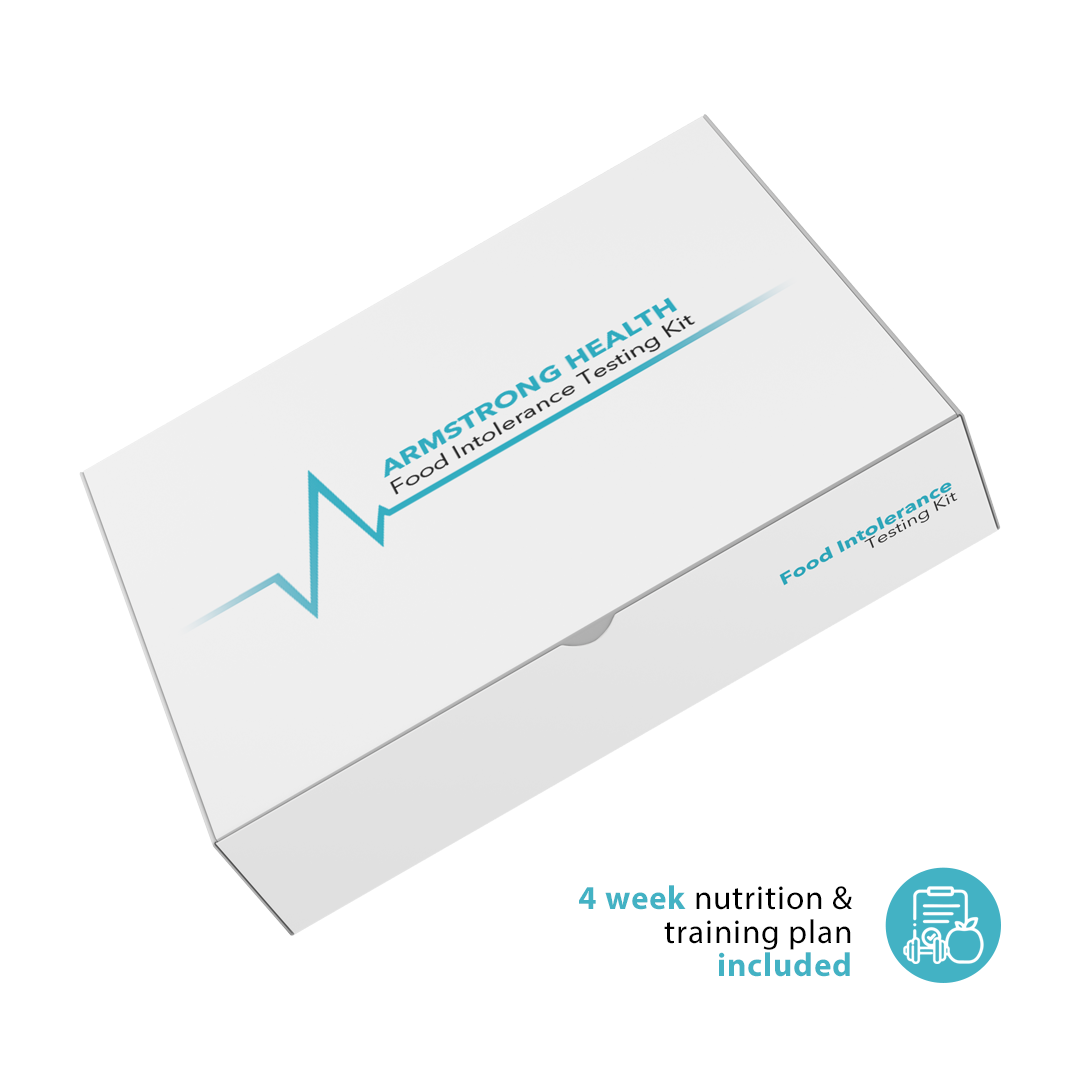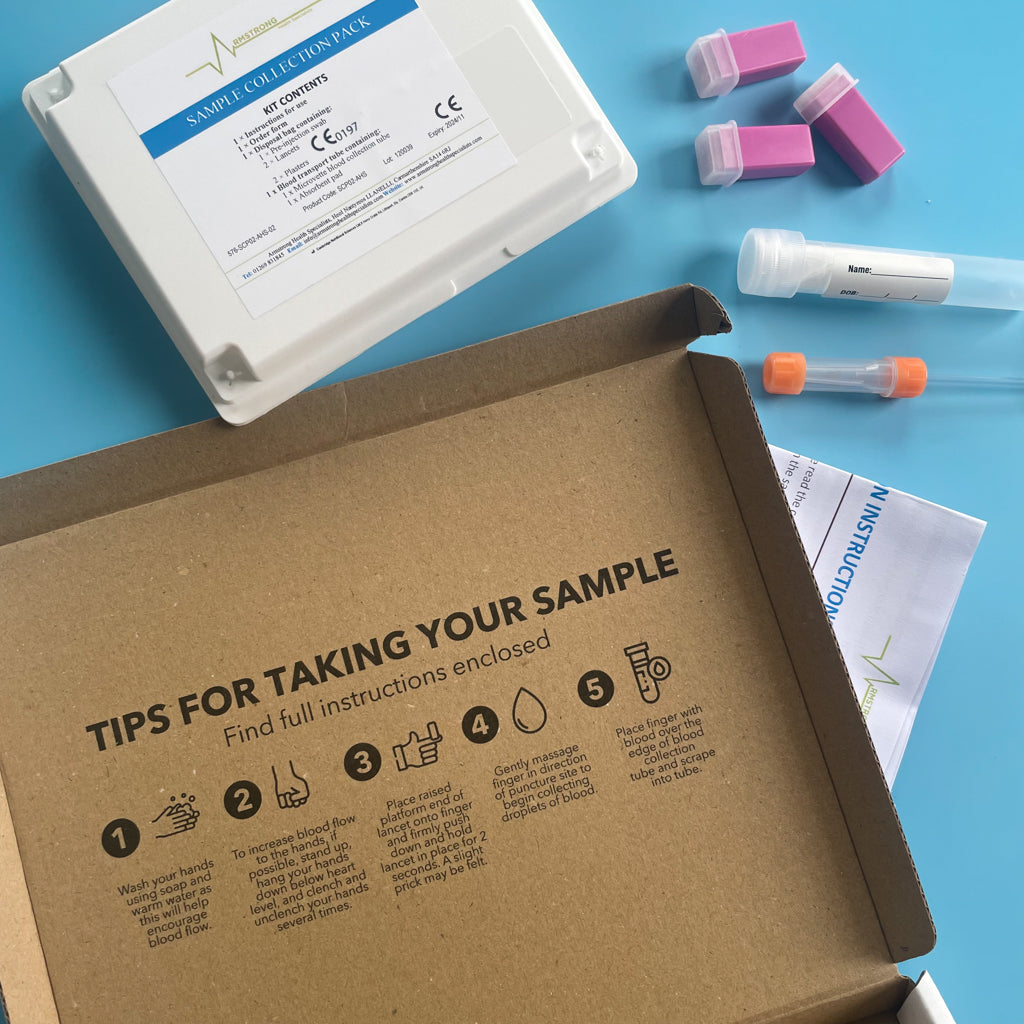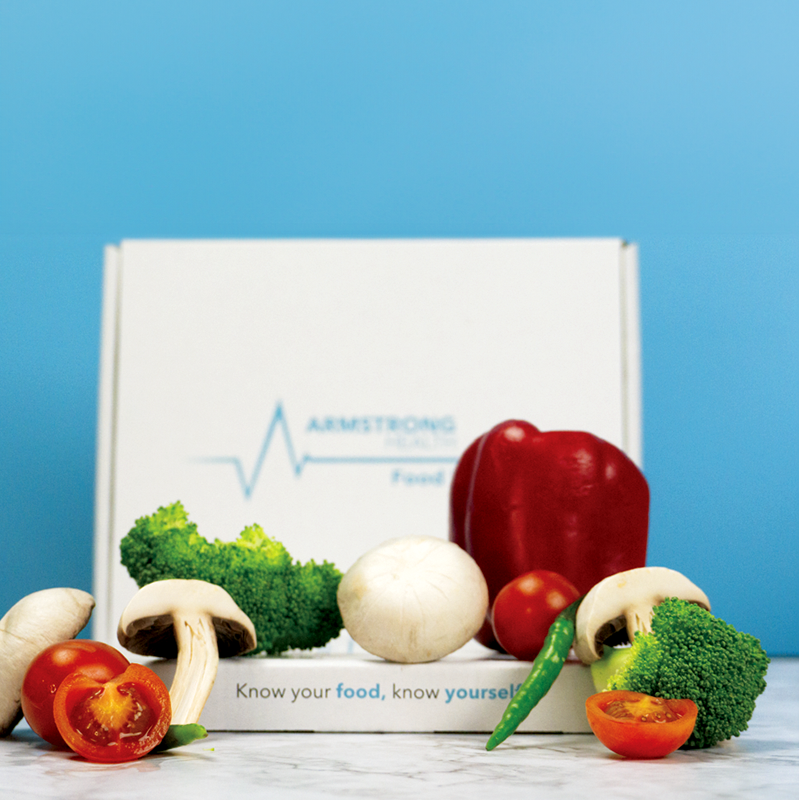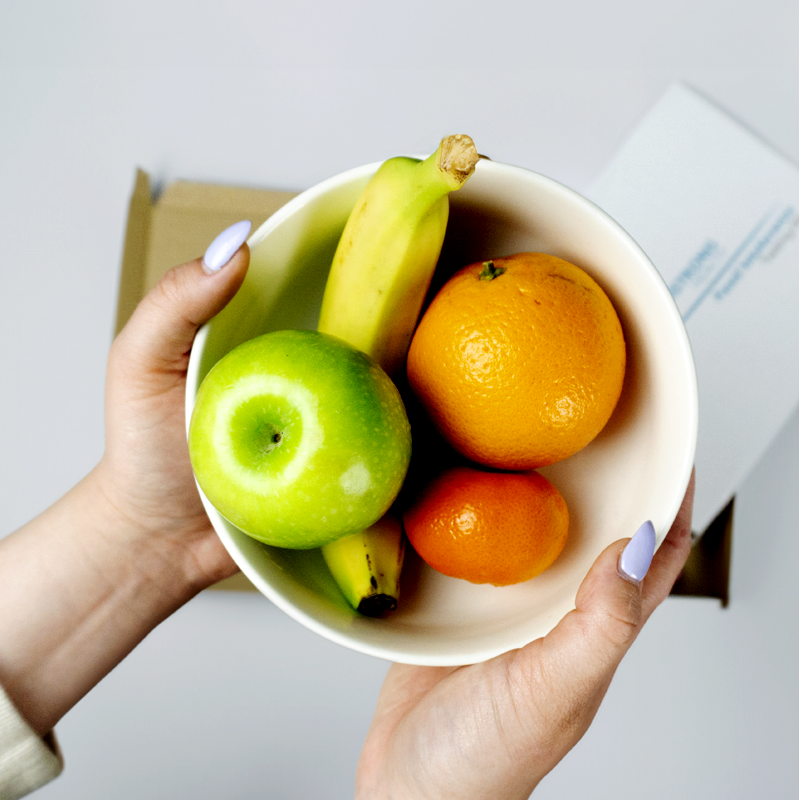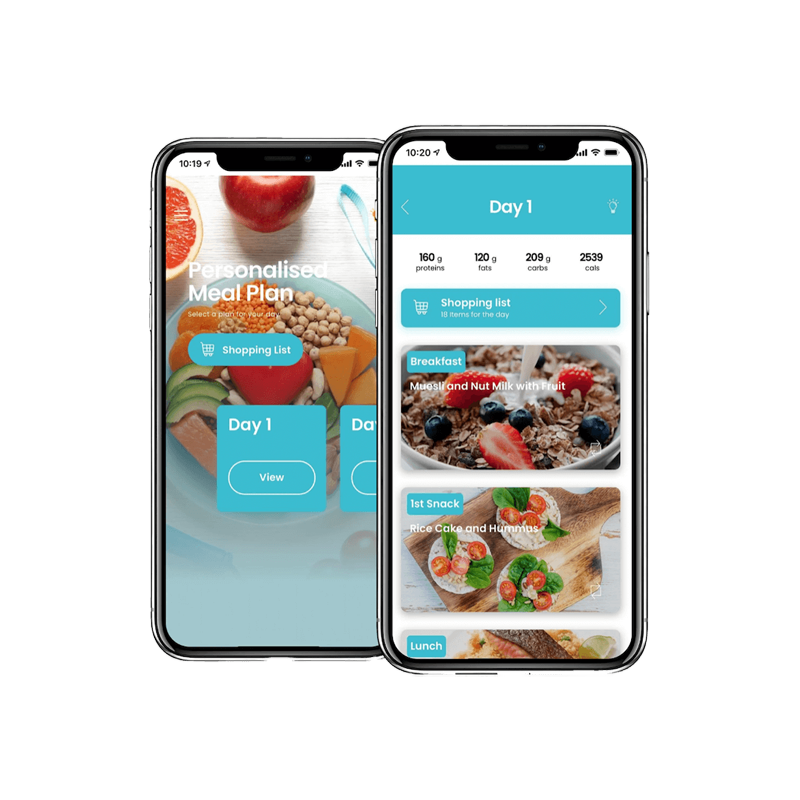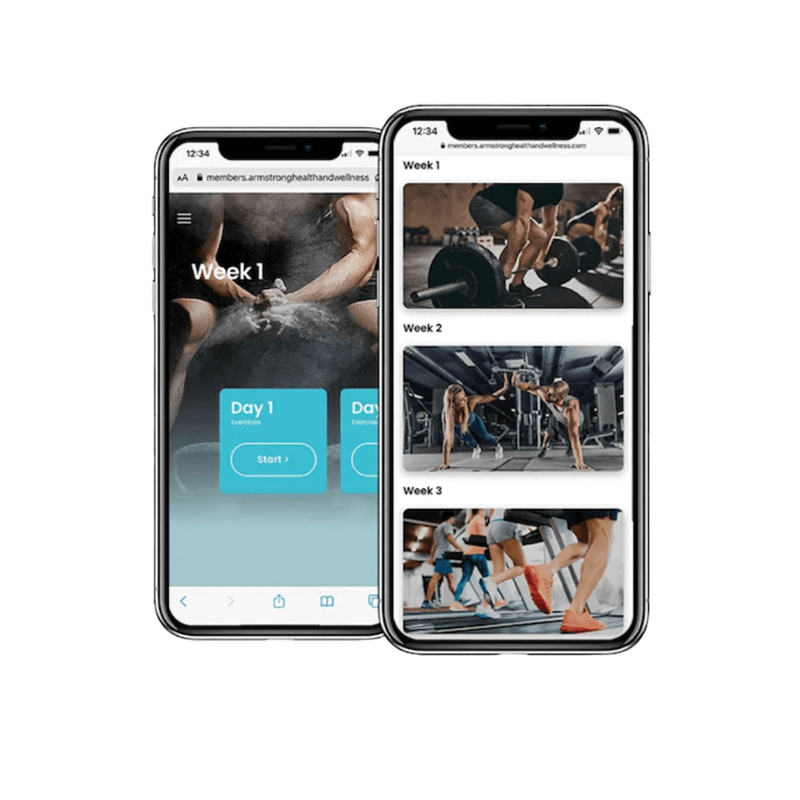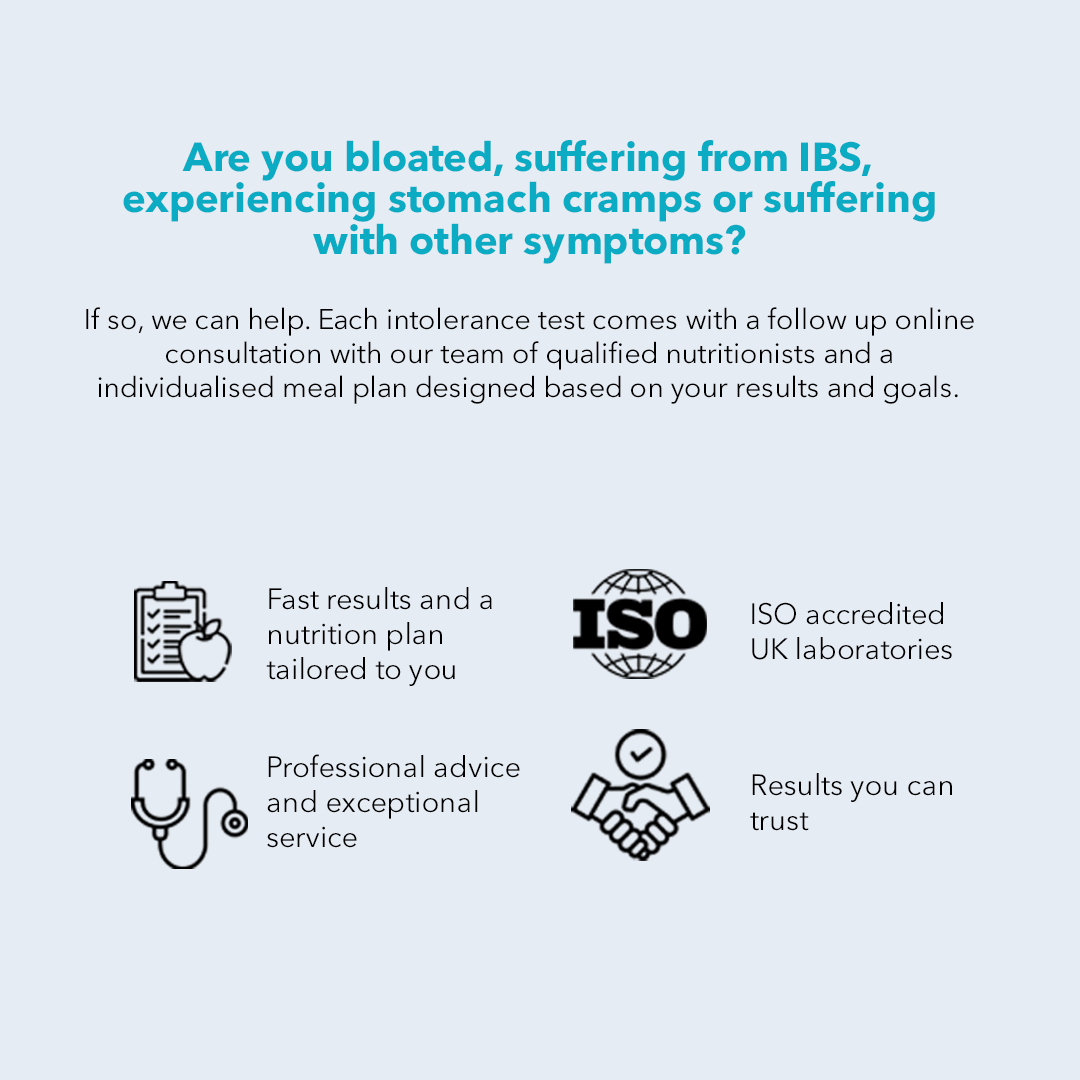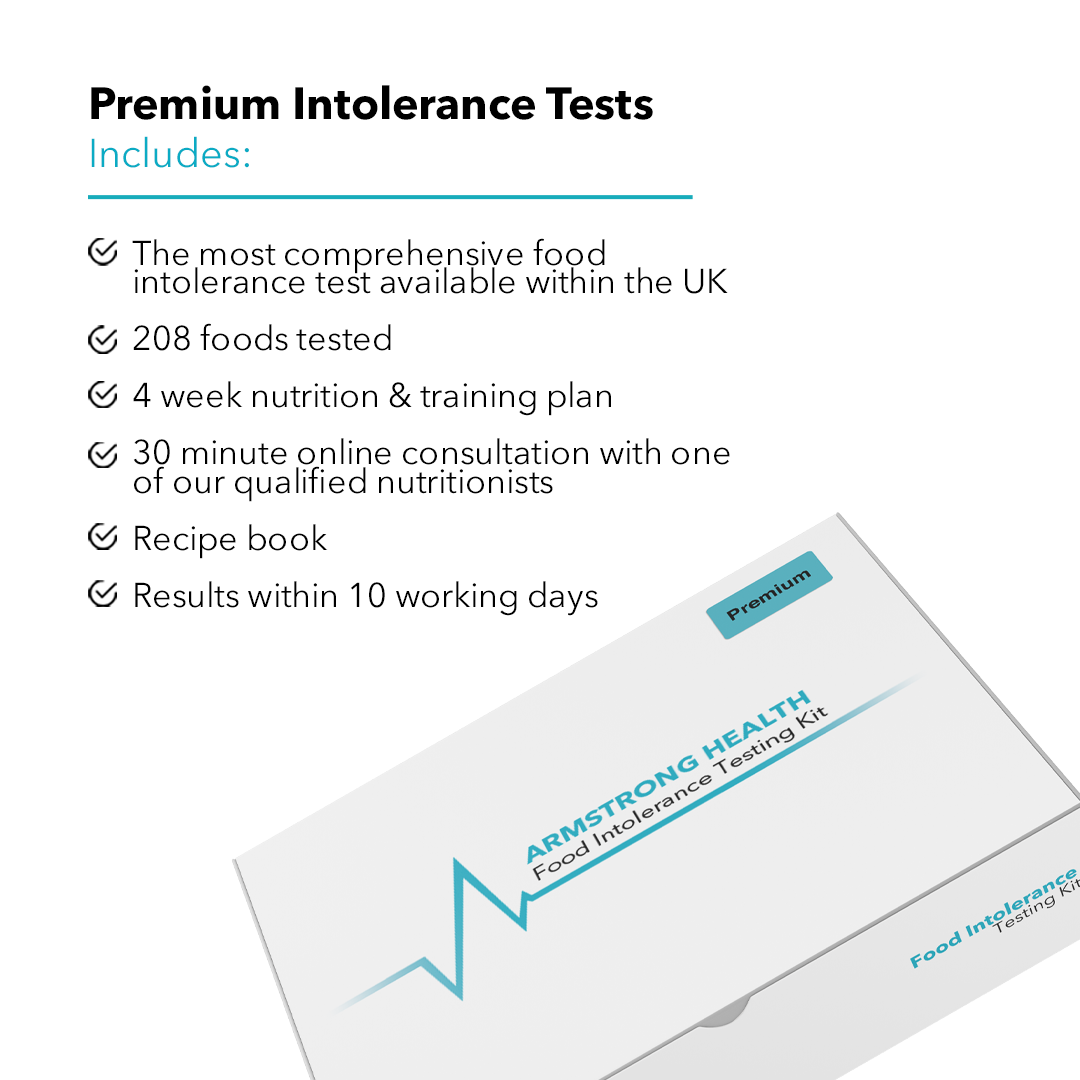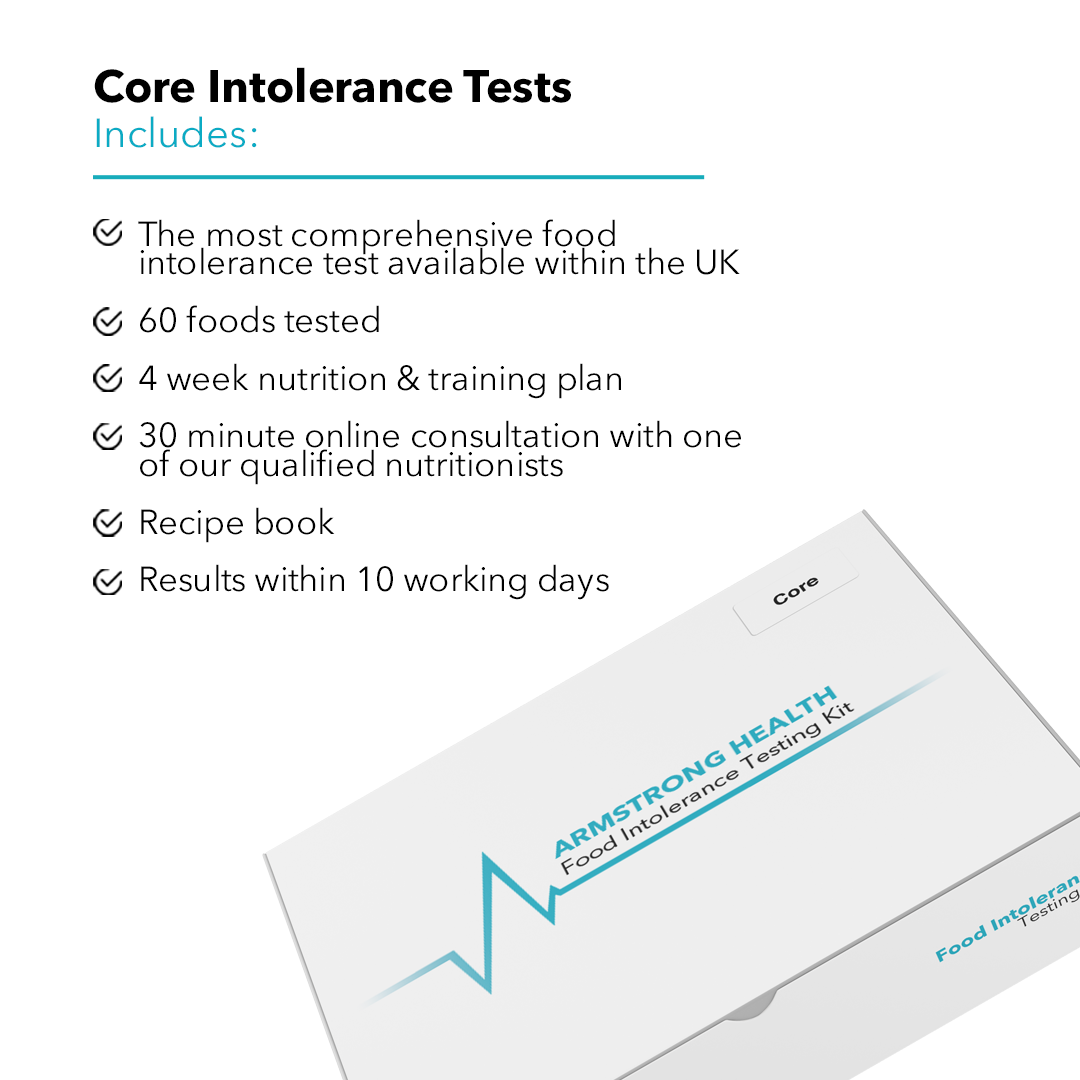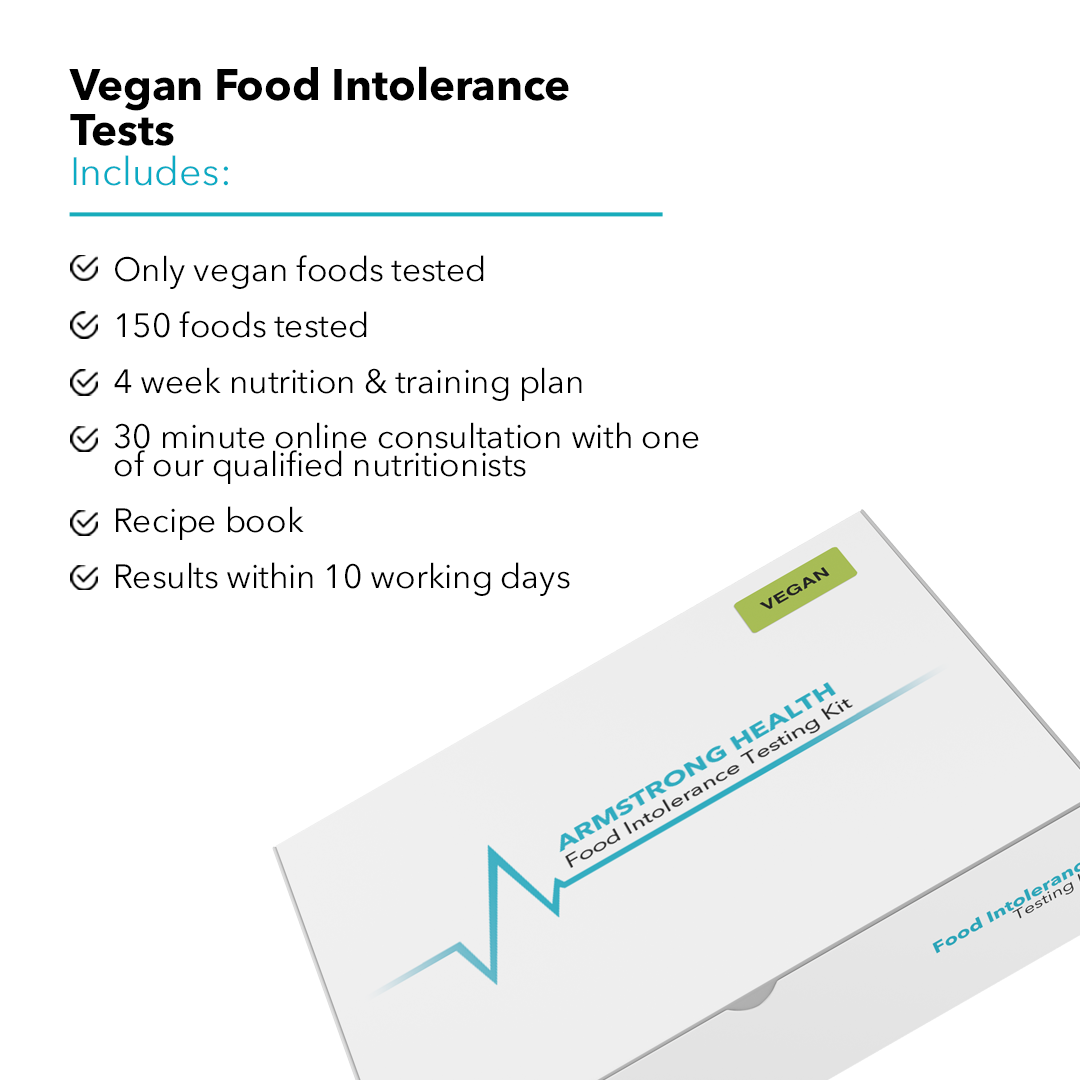Now that the winter months are upon us, we are more at risk of vitamin D deficiency than any other time of the year.
Vitamin D deficiency can cause and exacerbate multiple health issues, and as a result, it is important to maintain an optimal level. Without it, we cannot efficiently absorb calcium, and our immune systems are more vulnerable. There is also mounting evidence that it could help you lose weight and even affect the thickness of your hair!
There is actually a good reason why we are told to soak up the sun to get some vitamin D as the benefits for our health are enormous.
So, what is Vitamin D, and why is it so important?
Vitamin D is a hormone, and it is produced by our kidneys. It plays an important role in our bones, ensuring adequate calcium absorption, maintaining our endocrine function; regulating hundreds of genes and is a vital component of general good health. It is important for a huge number of functions in the body, from supporting strong and healthy bones to maintaining your immune system.
There are two types of vitamin D. Vitamin D2 is found in plants and often used in fortified foods, whereas Vitamin D3 is found in animal products and is the type your skin makes using sunlight.
How can I get more Vitamin D?
The three main ways to get vitamin D are by exposing your bare skin to sunlight, by taking vitamin D supplement and by eating foods that contain Vitamin D.
The most natural way to get vitamin D is by exposing your bare skin to sunlight (ultraviolet B rays). This can happen very quickly, particularly in the summer. You don’t need to tan or burn your skin to get vitamin D. How much vitamin D is produced depends on the time of day, where you live in the world and the colour of your skin. After your skin is exposed to sunlight, your body goes through a number of chemical processes to change it so that your body can use it.
You can also get vitamin D by taking supplements. This is a good way to get vitamin D if you can’t get enough sunlight, or if you’re worried about exposing your skin. Vitamin D3 is the best kind of supplement to take. It comes in a number of different forms, such as tablets and capsules, but it doesn’t matter what form you take, or what time of the day you take it.
Fish – Few foods are naturally rich in vitamin D, but oily fish such as mackerel, herring, sardines and salmon are the best — Herring packs in the most Vitamin D for such a small fish. Wild fish get their vitamin D from the plankton they eat, so they will be rich in it, whilst farmed fish contain a lot less of these essential nutrients.
Egg Yolk - Seafood is not the only source of vitamin D. Whole eggs are another good source, as well as a wonderfully nutritious food. Whilst most of the protein in an egg is found in the white, the fat, vitamins, and minerals are found mostly in the yolk. One typical egg yolk contains approx 37 IU of vitamin D. Vitamin D levels in egg yolk depend on the amount of sun exposure the chicken receives and the vitamin D content of chicken feed. When given the same feed, pasture-raised chickens that roam outside in the sunlight produce eggs with levels 3–4 times higher.
Mushrooms – Mushrooms absorb vitamin D through their skin, just like humans, and they can be a brilliant source of vitamin D provided they are not grown in a dark place. You can, however, naturally multiply its levels by exposing them to sunlight. Simply place the “gills” facing the sun, and this will increase vitamin production. Just remember they may discolour or dry out a little.
Fortified foods – These foods are designed to add nutrients that don’t naturally occur in the product. Sometimes iron, fibre, zinc or vitamin A is also added. Many types of cereals are fortified with vitamin D, but, as we have mentioned before, our issue with cereal is that it’s not real food, it’s a food product. They are loaded with GMO’s (which means ‘genetically modified organisms’ which are food that has been genetically engineered for reasons unrelated to health or nourishment!) Even if the cereal states it is fortified with vitamins and minerals, these are still synthetic and engineered. Stick to natural whole foods.
Can Vitamin D help with weight loss?
Some evidence suggests that getting enough vitamin D could enhance weight loss and decrease body fat. There are several theories out there. One study has shown that Vitamin D can reduce the formation of fat cells (https://www.ncbi.nlm.nih.gov/pubmed/18254883). Another has shown that vitamin D can increase levels of serotonin, a neurotransmitter that affects everything from mood to sleep regulation. This can, therefore, play a role in controlling your appetite and can increase your general satisfaction, thus reducing body weight and decreasing calorie intake.
One study looked at 218 overweight and obese women over a one-year period. All were put on a calorie-restricted diet and exercise routine. Half of the women received a vitamin D supplement, while the other half received a placebo. At the end of the study, researchers found that women who fulfilled their vitamin D requirements experienced more weight loss, losing an average of 7 pounds (3.2 kg) more than the women who did not have adequate levels of vitamin D- (https://www.ncbi.nlm.nih.gov/pubmed/24622804).
Another study looked at over 4,600 elderly women and found that higher levels of vitamin D were linked to less weight gain between visits during the span of the 4.5-year study (https://www.ncbi.nlm.nih.gov/pmc/articles/PMC3466912/).
Increasing your vitamin D intake may promote weight loss, although we believe that more research is needed before strong conclusions can be reached.
What should you do?
As you know, Vitamin D is essential for your body to be able to absorb important nutrients like calcium. Therefore, if you are following a dairy-free diet, you want to ensure that your levels of Vitamin D are sufficient in order to increase your body’s ability to absorb calcium. If you are deficient, you may be experiencing symptoms such as bone and joint pain, gum disease, fatigue and constipation.
Getting enough Vitamin D from your diet alone may be difficult, but not impossible. The foods we have talked about are just a few of the top sources of vitamin D available. Eating plenty of these vitamin-D-rich foods is a great way to make sure you get enough of this important nutrient.
We recommend you book in for a Vitamin D deficiency test with us. Our blood test will directly measure the amount of vitamin D in your body. From these results, we can then help you make sure you get enough Vitamin D, along with other micro and macronutrients, in your diet. For more information on the tests, we offer, please contact us at info@armstronghealthspecialists.com.

